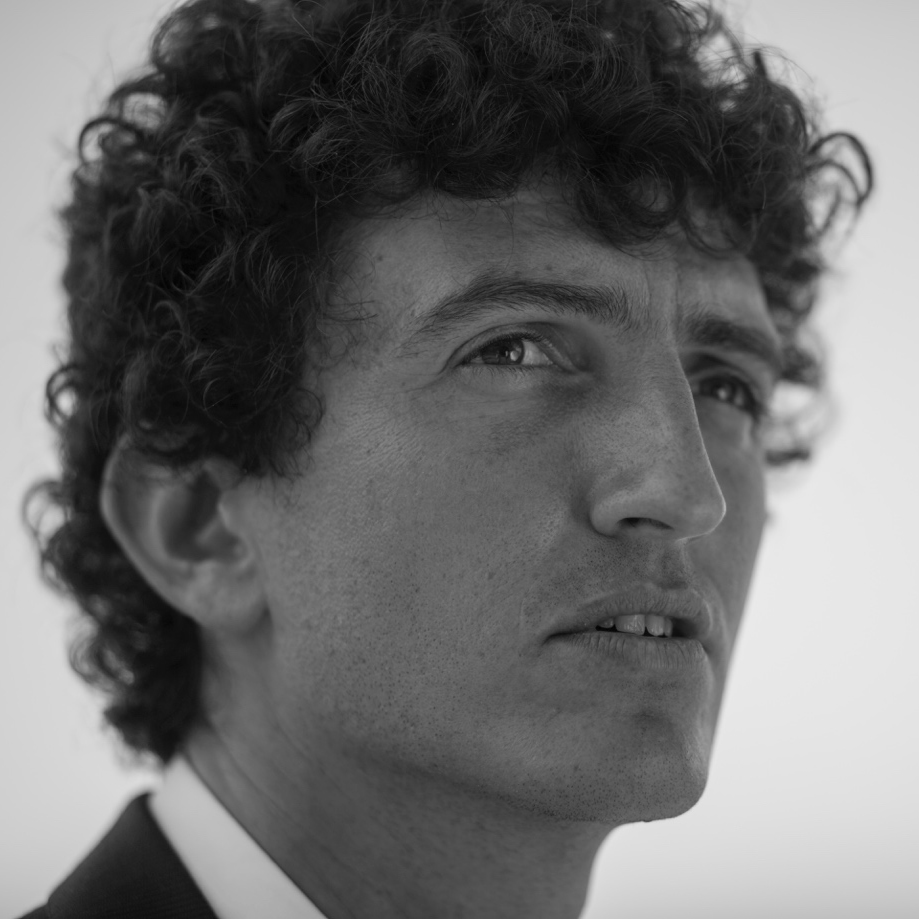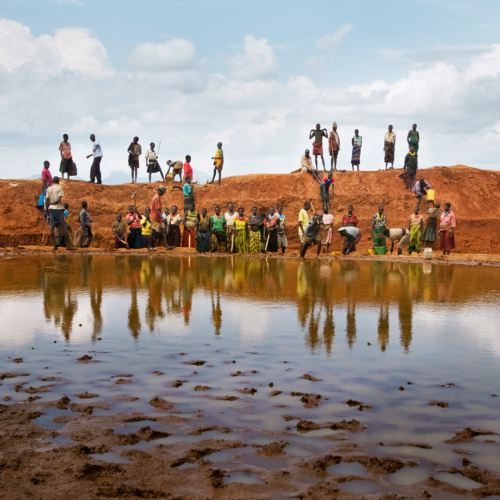Every year about thirty billion dollars are spent on aid across Africa, yet high levels of poverty, hunger, and destitution persist. The phenomenon of failing aid in Africa has been…
Matteo Caravani
Contact
Matteo Caravani is a Postdoctoral Fellow at the Feinstein International Center, and he is part of a team implementing a new three-year project funded by USAID/BHA that re-examines early warning systems and humanitarian responses in pastoral areas across the Sudano-Sahel and Greater Horn of Africa.
He is a political economist working at the intersection between social protection, humanitarian assistance and disaster response, and more specifically on the ways in which the theory and practice of development impacts marginalized populations.
His research interests and expertise have developed over ten years working as a researcher and policy advisor in East Africa, where emerging local scarcity and dispossession of resources and livelihoods have increased vulnerability, thus causing local conflict, food insecurity and abject poverty.


